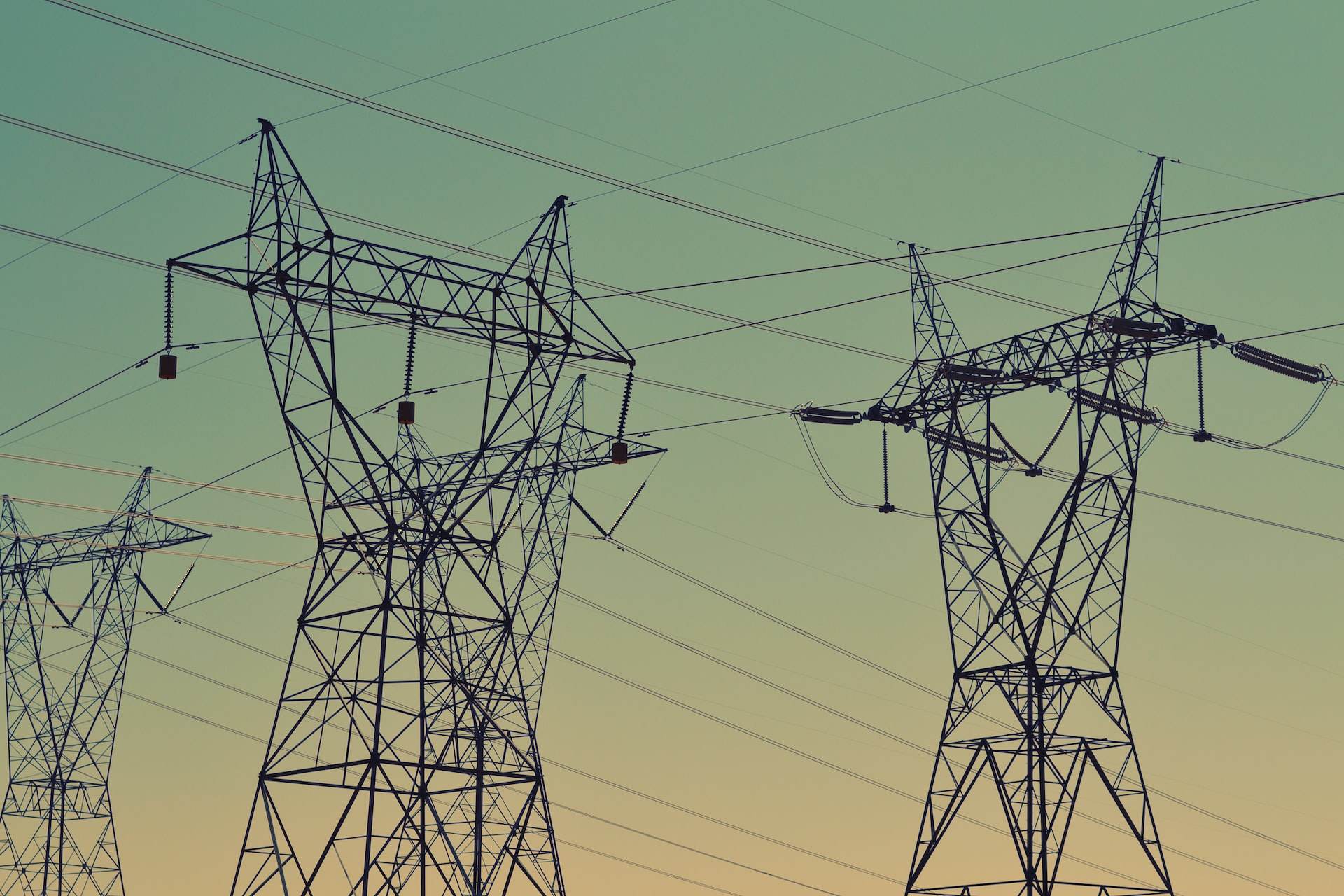Ahead of a Looming Energy Crisis, Are Home Security Systems Worth it in the UK?
Across the United Kingdom, the looming threat of an energy crisis has many homeowners scrambling to winterize their properties and reappraise their home improvement plans.
For those currently considering a home security system, one of the most pressing concerns is whether their system will even function in the event of a power outage. Given that the National Grid Electrical System Operator (NGESO) is already anticipating a concerning number of planned power interruptions throughout the winter months, it is a valid concern.
Normally, a home security system needs both internet and electricity connections to function properly. Fortunately, most modern home security systems include backup features to keep your system operating for a short period of time in the event of a power outage. Power back-up units are a standard feature in the majority of systems, with batteries providing an uninterrupted power supply to your control board and home security devices. The battery will maintain power for a set amount of time, generally 4 to 6 hours. For most homeowners, this is enough time for the power to be restored. Depending on your home security system provider, you may also need to purchase a dedicated cellular modem to establish an alternate internet connection if your home Wi-Fi connection goes down.
Still, while backup features are important, they are far from fool proof. A battery backup will only last for a few hours, and if the power outage is longer than that, your system will be down. A cellular modem will also only work if there is a strong enough cell signal in your area. That’s to say nothing of the fact that many of the home security systems currently installed across the UK are reliant on older, less reliable backup power systems. These systems could fail outright if the NGESO’s planned power outages last longer than expected.
The frequency of false alarms is another area of concern for potential home security system customers. While most home security systems come with features to reduce the number of false alarms, such as specifying entry and exit times for doors and windows, motion sensors continue to be a leading cause of false alarms. In a 2017 study, 74% of security system owners reported a false alarm in the last year. As motion sensors become more sophisticated, and as the number of devices connected to a home security system continues to trend upwards, the rate of false alarms is only going to increase. If you want to minimize false alarms, try not to install motion sensors in areas where they will be triggered by pets or other moving objects. Moreover, avoid using the Moonshot sensor, a notoriously unreliable device used by Verisure, or the Boundary wireless burglar alarm in your system.
Unfortunately, technical specs and feature lists aren’t the only things that matter when it comes to buying a home security system. In addition to obvious factors like price and brand reputation, you’ll also want to consider the privacy implications of installing a full-fledged security system in your own home.
While it’s important to feel safe in your own home, a home security system has the potential to infringe on your privacy in ways you might not expect. In academic circles, this balancing act is known as the privacy-security dichotomy.
In today’s digitally connected world, it’s more important than ever to be aware of the privacy implications of the devices and services you use every day. Your home security system is no exception. Advances in automation and sensor technologies have made it possible for home security providers to offer always-on surveillance services, allowing them to remotely monitor your home from anywhere in the world. While these services can be convenient, they also raise serious privacy concerns. Will the camera footage be accessible by the homeowners or the company that installed the system? Will the recordings be archived for a long period of time, or destroyed shortly after they’re created? What information will the company be collecting? Do they have a good reputation for safeguarding customer information against data breaches?
There are a lot of questions to consider, and, given that the companies that make and sell home security systems are often tight-lipped about their privacy policies, the answers are rarely clear.
To make matters worse, there’s also the question of the security of the system itself. In the past, most home security systems were hardwired into a home’s electrical system and phone line. This made them hard to install, but also very difficult to disable or hack. Today, however, many home security systems are effectively wireless, relying on internet-connected sensors, cameras, and microphones. This makes them much easier to install, but also leaves the entire system vulnerable to cyberattacks. These vulnerabilities are further exacerbated by poor software configurations or limited security controls. For this reason, lower-priced systems, like the kind you might buy from Amazon and install yourself, are often more vulnerable to hackers than their higher-priced counterparts.
Ultimately, whether or not a home security system is worthwhile will depend on a number of factors, including the type of security system you’re looking for, your backup requirements, and your privacy concerns. If you’re looking for a comprehensive security system with extensive backup options, then a professionally installed and monitored system is probably your best bet. However, if you’re simply looking for a way to deter opportunistic thieves or keep an eye on your home while you’re away, then a less expensive, self-installed system might be a better option. In either case, it’s important to do your research and choose a system that’s right for you.

